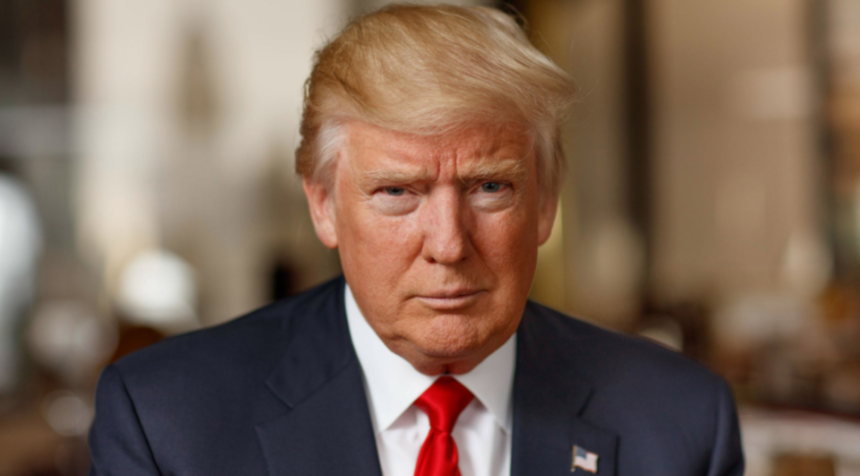Prosecutors from 22 U.S. states have filed a lawsuit to block former President Donald Trump’s executive order aimed at ending birthright citizenship, a practice enshrined in the U.S. Constitution’s 14th Amendment.
Birthright citizenship guarantees that children born on U.S. soil are citizens regardless of their parents’ immigration status. Trump signed the executive order on Monday as part of a campaign promise, but its success faces legal uncertainty given its constitutional roots.
Democratic-led states and immigrant rights advocates argue that the practice is legally protected and that no president has the unilateral power to override the Constitution. New Jersey Attorney General Matt Platkin remarked, “The President cannot erase the 14th Amendment with a stroke of a pen. Period.”
The White House, however, expressed readiness to defend the executive order in court, dismissing the lawsuits as “part of the left’s resistance.” Harrison Fields, Deputy Press Secretary, stated, “Radical leftists can either reject the overwhelming will of the people or work with President Trump.”
Connecticut Attorney General William Tong, a naturalized U.S. citizen and the first Chinese-American attorney general elected in the U.S., called the lawsuit personal. “The 14th Amendment is crystal clear: if you’re born on American soil, you’re an American. Period.”
The Debate Over Birthright Citizenship
At the heart of the dispute lies the constitutional guarantee of citizenship for anyone born in the U.S., regardless of their parents’ immigration status. This right allows even the children of tourists, visa holders, or undocumented immigrants to become U.S. citizens if born on American soil.
Supporters argue that this interpretation of the 14th Amendment is crucial for equal rights, while Trump and his allies call for stricter standards. The U.S. is one of approximately 30 countries, including Canada and Mexico, that grant citizenship through birth. Most other nations require at least one parent to be a citizen or to have legal status in the country to confer citizenship to their child.
The legal challenge underscores the contentious nature of immigration reform and its intersection with constitutional rights in the U.S.







